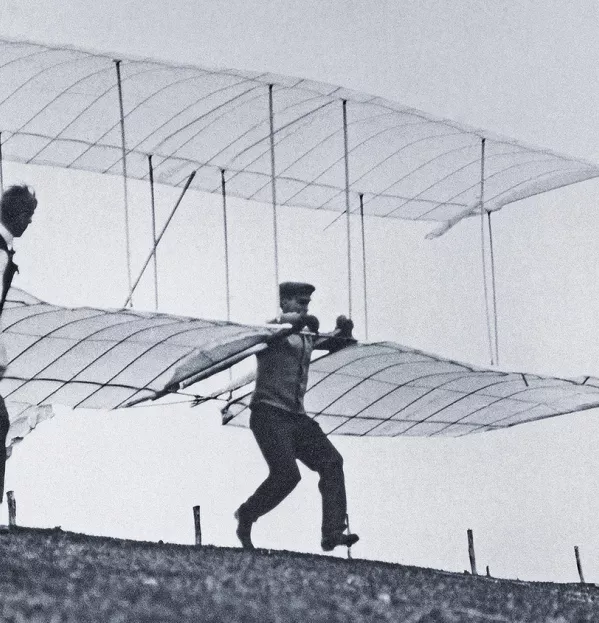
National testing pilots yet to get off the ground

Not a single school has started to pilot the new national standardised tests in literacy and numeracy due to be introduced in August, TESS can reveal.
A survey of Scotland’s 32 local authorities, carried out by TESS, shows that no councils have started to trial the controversial new tests, which will assess pupils’ abilities in reading, writing and maths in P1, P4, P7 and S3.
This puts the government more than half a year behind its original schedule - which envisaged the pilots starting in June 2016 - and at least two months behind its revised timetable for delivering the new standardised assessments, which stated that the trials would take place from December 2016 to May.
News of the delay has prompted an angry response from the EIS teaching union, which opposed the reintroduction of national testing.
Assessment expert Louise Hayward, of the University of Glasgow, has questioned whether the government can now stick to its plan to introduce the tests across the country at the beginning of the new school year.
Professor Hayward is the only academic sitting on the government group tasked with taking forward the National Improvement Framework (NIF), of which national testing is a key part. She said: “One assumes the process of piloting is about collecting evidence that leads to change. But what was originally a very ambitious timeline appears to be narrowing even more.”
Government ‘on track’
The pilots were vital to ensure that the assessments measured what they were supposed to measure, Professor Hayward added.
The alternative was off-the-shelf tests, piloted in other countries, which did not reflect the Scottish curriculum, she said.
However, the Scottish government insisted that the tests would be delivered as promised in August. It said that the new assessments would be piloted in Glasgow, South Lanarkshire, Stirling, the Western Isles and Fife, with the trials spreading to a larger number of authorities later in the year.
Despite this, some councils appear to be unaware that they are to be involved; when TESS contacted Fife, the authority said it was not taking part in the pilots.
‘What was originally a very ambitious timeline appears to be narrowing’
But it stressed that it would be happy to engage with the Scottish government if asked, “to maximise continuity for teachers and ensure a smooth implementation of any new systems”.
South Lanarkshire said that it expected the trials to start later this month, but stressed that it was early days.
Glasgow said that the authority had met once with the government about the pilots, but did not know when they would start or which schools would be involved. Stirling Council also said that it anticipated taking part, but that the schools had yet to be confirmed.
South Lanarkshire council’s director of education, Tony McDaid, said: “We intend to try out the tests in a small number of our schools during February - this is still a very early stage in the process”.
‘Alarm bells’ over trial process
National testing was finally done away with completely in Scotland when Curriculum for Excellence was introduced in 2010 (see box, below), and when the government announced that it was to be reintroduced, union leaders warned that testing “crushes creativity” and causes “unnecessary stress”.
EIS general secretary Larry Flanagan said that the delay was one of “a number of alarm bells” sounding over the pilot process, based on early informal feedback.
“[The] Scottish government made some very clear commitments around the nature of these assessments - for example, that they would be predictive in nature - and we expect the cabinet secretary to deliver on the assurances he offered,” said Flanagan.
“Our education committee will be discussing the matter further today and will decide on any next steps required.”
Conservative shadow education spokeswoman Liz Smith said that the government had questions to answer about why it had failed to get the pilots underway.
She said: “If you are going to pilot something, you need to know the results of the pilot before you roll it out. That’s quite a tight timescale if the pilots have not even begun.”
Daniel Johnson, Labour’s shadow education minister, attacked the government for “slipping behind on its own timetable”.
He said: “John Swinney missed the deadline for the appointment of a commissioner for fair access and the timetable for the measurement of the attainment gap moved by two months. Now, the SNP’s standardised testing policy is being delayed.
“If SNP ministers expect the people of Scotland to believe that education is their number one priority, they should at least be meeting their own delivery plan and timetable.”
The contract for delivering the assessments was awarded in November to ACER International UK Ltd, a wholly owned subsidiary of the Australian Council for Educational Research, a not-for-profit organisation.
A Scottish government spokesperson said: “The timetable for implementing Scottish National Standardised Assessments has not changed. Technical testing, to ensure that the assessments will operate effectively within school networks, and on the hardware devices and operating systems that schools use, began in schools in December 2016.
“Further testing is taking place in Fife, Western Isles, Glasgow, South Lanarkshire and Stirling, and we will be working with more local authorities over the next few months, in line with the timescale set out in the 2017 NIF and improvement plan for Scottish education.”
You need a Tes subscription to read this article
Subscribe now to read this article and get other subscriber-only content:
- Unlimited access to all Tes magazine content
- Exclusive subscriber-only stories
- Award-winning email newsletters
- Unlimited access to all Tes magazine content
- Exclusive subscriber-only stories
- Award-winning email newsletters
You need a subscription to read this article
Subscribe now to read this article and get other subscriber-only content, including:
- Unlimited access to all Tes magazine content
- Exclusive subscriber-only stories
- Award-winning email newsletters
- Unlimited access to all Tes magazine content
- Exclusive subscriber-only stories
- Award-winning email newsletters